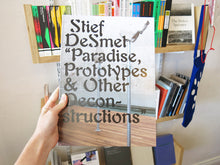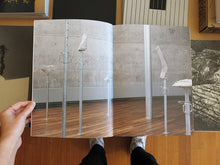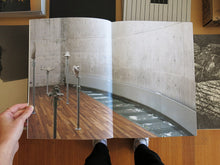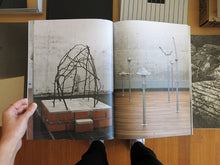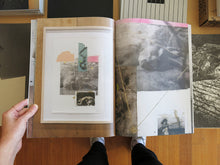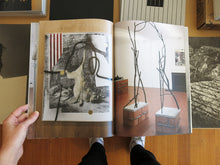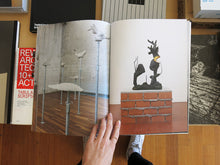
'In The Member of the Wedding, a 1946 novel by the American author Carson McCullers, the twelve-year-old protagonist Frankie Addams sighs: ‘They were the two prettiest people I ever saw. Yet it was like I couldn’t see all of them I wanted to see. My brains couldn’t gather together quick enough and take it all in. And then they were gone. You see what I mean?’
That Stief DeSmet ‘understands’ what Frankie means like no other, how could it be otherwise? What he invariably presents in his work, and again in Paradise, Prototypes & Other Deconstructions, is the fragmentary representation of something that is too agile and too fleeting in its totality – far too agile and fleeting – to be fully grasped. Paradoxically enough, that ‘something’ cannot be equated to what we often call the ‘unreal’ beauty of supremely attractive people, or to colourful skies filled with billowing clouds, or even with artistic masterpieces. Nor is it related, in a non-aesthetic sense, to the type of incident that is often characterised as ‘too good to be true’. That ‘something’ is unambiguously real – the absolute reality, namely, of an animal. More specifically: a creature that is wild and non-domesticated. In DeSmet’s work, this reality appears to be inherently flawed, or rather, it is too fleeting and agile to be seen and experienced, since we are such imperfect, torn and flawed beings. Our brains don’t work fast enough, that is true, and furthermore, a new moment dawns with every blink of the eye, each one of which is diametrically opposed to its predecessor. When reality chooses, above all else, to reveal itself in the form of an animal, it perpetually eludes us – ‘you see what I mean?’ – and to such an extent that it no longer seems to exist. It is this fact that Stief DeSmet seeks to impress upon us with his work.' – Extract from the text of Christophe Vekeman.
48 pages, 24 x 33 cm, softcover, Art Paper Editions (Ghent).






